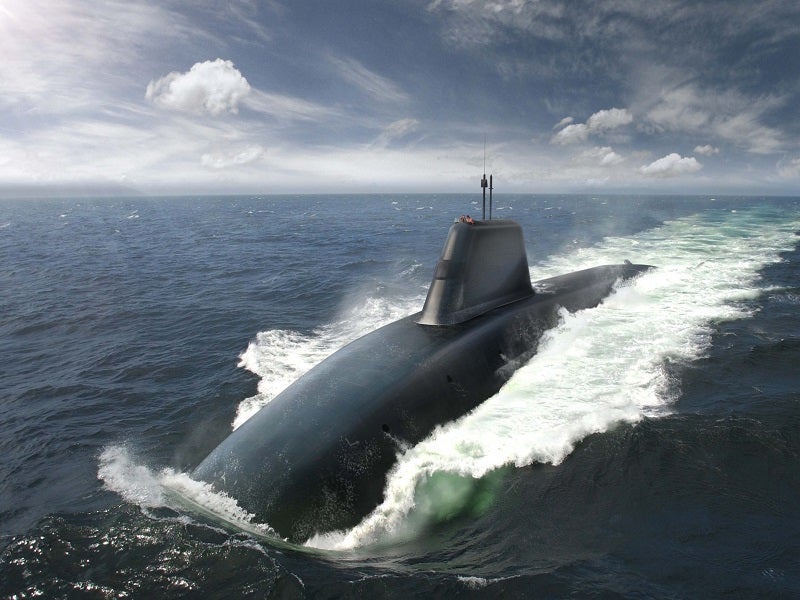
To bolster Scotland’s defence sector and maximize its economic contributions, top defence companies, representatives from the UK Government, and the Armed Forces convened on 13 July in a roundtable meeting chaired by the Scottish Secretary.
The meeting coincides with Thales Glasgow’s recent triumph of securing a multi-million-pound contract worth £169m to manufacture integrated optronic combat system masts for the Royal Navy’s forthcoming nuclear deterrent submarines, the Dreadnought-class SSBNs.
The Dreadnought-class impact
Thales Glasgow has a history dating back to 1917. The company’s contributions have been important to every Royal Navy submarine. The award of the Dreadnought contract sustains over 150 jobs and supports the overall Dreadnought programme, which is anticipated to create approximately 30,000 jobs across the United Kingdom, contributing to the country’s economic growth.
The Dreadnought-class submarine development program has a huge estimated contract allocation of $16.5bn between 2021 and 2031, according to GlobalData’s “UK Defence Market 2022-2027” report.
In 2022 alone, Scottish aerospace, defence, security, and space companies generated an impressive £7.3bn in turnover, contributing £3.2bn to the country’s economy. These sectors employ over 33,500 people in Scotland, including 1,500 apprentices.
The role of Scotland’s defence industry
Scottish Secretary Alister Jack emphasised the vital role of Scottish skills, expertise, and innovation in the UK’s defence industry: “It’s clear that Scottish skills, expertise and innovation make an enormous contribution to the UK’s defence industry, with massive benefits for our national security and economy.
“I’m looking forward to hosting ADS, its members, the Armed Forces and UK Government departments at this new forum. The UK Government is committed to growing our economy, including by working with the defence industry to support its success in the UK and in exporting overseas.”
The roundtable brought together major players in the Scottish defence industry, including Babcock, BAE, Castle Precision, Glenalmond, Leonardo, QinetiQ, Raytheon, Spirit Aerosystems, Thales, and representatives from the Armed Forces and the Ministry of Defence were also present, ensuring a discussion on sector priorities, challenges, and upcoming milestones.
As the UK remains the second-largest global defence exporter after the US, Mark Goldsack, director of Defence Security Exports at the Department for Business and Trade, will present an agenda item supporting Scottish exports.
With the UK’s Continuous at Sea Deterrent playing a role in NATO’s collective defence, the new Dreadnought-class submarines, currently under construction in Barrow-in-Furness, Cumbria, will ensure the UK’s nuclear deterrent remains operational as necessary. The first Dreadnought-class submarine is expected to enter UK service in the early 2030s.
Weighing over 17,000 tonnes and spanning a length equivalent to three Olympic swimming pools, the Dreadnought submarines will accommodate a crew of 130. The optronics mast developed by Thales Glasgow represents an advancement in visual capabilities, offering enhanced electronic, stabilized visuals that provide improved safety and enable quicker detection of enemy activity.
Thales in the UK naval manufacturing industry
Scotland’s defence capabilities extend beyond the nuclear deterrent, with crucial assets such as the Quick Reaction Alert based at RAF Lossiemouth and ongoing construction of Type 26 and Type 31 frigates in Scottish shipyards. Thales has also been contracted to work on the Type 31 frigate, providing £70m combat systems for the UK MoD.
The roundtable marks a step in strengthening the Scottish defence sector’s position, ensuring continued economic growth, and reinforcing the UK’s commitment to national security.
Thales recorded a 9.4% increase in sales in Q1 of FY23. The company attributed this growth to strong dynamics and mature markets in different regions, especially Europe and North America.







